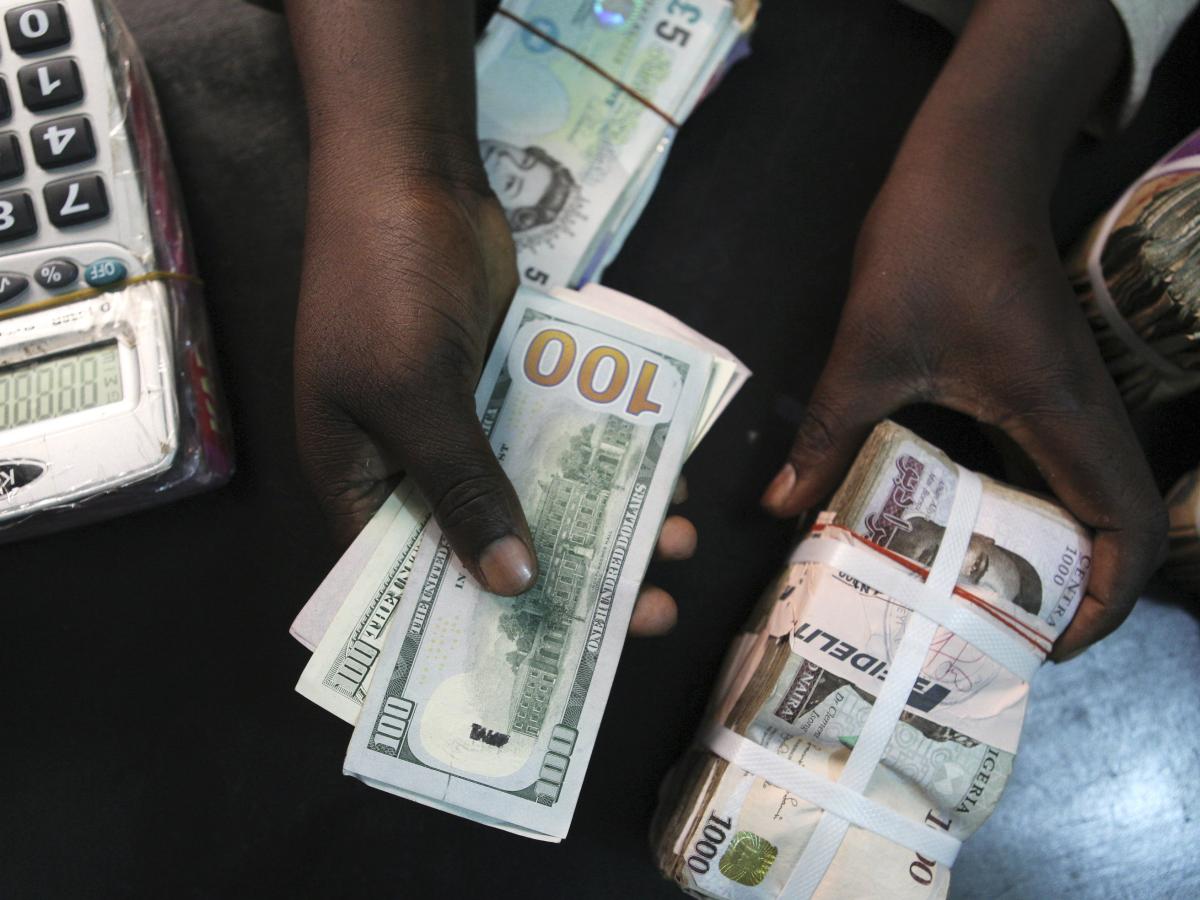Nigerian Stock Market Surges, Investors Regain Confidence After Four Weeks of Decline
After a month-long period of decline, the Nigerian stock market rebounded strongly last week, as investor wealth soared by approximately ₦986 billion across just five trading sessions. This dramatic turnaround not only signaled renewed optimism among investors but also halted the persistent downward trend that had unsettled many across the nation’s financial landscape.
The Market’s Bounce: Breaking Down the Numbers
According to data released by the Nigerian Exchange Limited (NGX), the All-Share Index (ASI)—a broad measure of the market’s overall performance—rose by a robust 1.2% on a week-on-week basis, closing at 140,545.69 points. This bounce was largely powered by sharp rises in select bellwether stocks, providing a much-needed lift to the market mood.
- Market leaders like WAPCO surged by 13.3%,
- Sugar companies advanced by 9.1%,
- Zenith Bank posted gains of 4.8%,
- UBA recorded a 4.2% increase.
These outsize performances from industry heavyweights played a pivotal role in bolstering both investor confidence and overall equity values.
Market Capitalisation and Broader Impact
Reflecting the week’s positive trading activity, the overall market capitalisation—representing the total value of all listed equities—jumped to ₦88.922 trillion from ₦87.936 trillion recorded the previous week. This increase not only underlines the magnitude of recent gains but also provides tangible proof of investor recovery following a bruising spell of red numbers.
With the latest rally, the Month-to-Date (MtD) and Year-to-Date (YtD) returns for the NGX now stand at 0.3% and a remarkable 36.7%, respectively. This means that investors who entered the market at the start of 2024 have seen robust returns—one of the strongest runs in recent years, especially compared with other West African bourses.
Sectoral Trends: Winners and Slower Movers
A closer analysis reveals that the bullish sentiment was not restricted to only a handful of stocks:
- Both the Index and Insurance Index appreciated by 2.4% each.
- Banking Index climbed by 1.7%.
- Industrial Goods Index rose a further 1.1%.
- Consumer Goods Index strengthened by 1.0% over the week.
However, market turnover told a more cautious story. Both the trading volume and value of transactions fell significantly—by 37.7% and 39.5% week-on-week, respectively. This can signal that, even as prices recovered, investors may be holding back, possibly waiting for further clarity on the broader economic landscape.
Market Watchers: Outlook and Predictions
Analysts at Cordros Capital believe the current optimism may be tempered in the coming week, as market participants weigh new economic data and track possible monetary policy shifts. They noted:
“Investor sentiment is expected to remain cautious, with portfolio flows skewed toward fundamentally justified stocks offering compelling entry opportunities. Market focus will also shift to the August inflation print, where evidence of sustained disinflation could reinforce expectations of a potential Monetary Policy Committee rate cut later this month.”
The importance of inflation and central bank decisions cannot be overstated for local and foreign investors. Many are closely watching signs that inflation may be easing—a trend that would boost hopes for lower interest rates and, by extension, stronger equity gains.
Analysts: A Mixed Mood and Portfolio Strategies
A separate commentary from InvestData Consulting Limited projects a more blended market outlook in the weeks ahead, citing ongoing portfolio rebalancing and the approach of Q3 corporate earnings. According to their report:
“Looking ahead, market performance is expected to remain mixed in the coming week as investors continue to rebalance their portfolios. Bargain hunters are likely to take advantage of price pullbacks in fundamentally sound stocks, even as profit-taking persists in a few large-cap counters.”
The firm added that crude oil price fluctuations, upcoming earnings announcements, and new macroeconomic developments will continue to shape investor actions. In a market as globally interconnected as Nigeria’s, these local and international variables often move hand in hand.
Nigerian and West African Relevance: More Than Just Numbers
What does this resurgence mean for everyday Nigerians, Ghanaians, and West African investors? For many retail traders and pension fund managers, the recent gains could boost confidence to re-enter or increase exposure to equities—especially with the banking and insurance sectors showing resilience. SMEs and startups seeking capital may find easier conditions for raising funds as market sentiment steadies, while ordinary citizens could feel the positive ripple effects through jobs, government revenues, and a stronger naira.
However, experts caution that a single week’s rally does not erase longer-term threats. Persistently high inflation, currency volatility, global oil prices, and policy uncertainties remain major headwinds. As one Lagos-based portfolio manager told us, “Any sustained recovery in Nigerian stocks must be underpinned by clear improvements—economic policies, infrastructure renewal, and a business-friendly environment. Nigerians want to see stable growth, not just fleeting bounces.”
Regional and Global Context: Nigeria and Its Peers
Compared to other West African markets, Nigeria’s stock exchange remains the largest and one of the most dynamic. Ghana’s main market has also shown resilience this year, though it still trails Nigeria in both size and depth. Economic ties between both nations mean these moves are closely watched across ECOWAS, with many cross-listed companies and regional banks operating in both countries.
International investors—especially from Europe, the US, and Asia—continue to see Nigeria as a barometer for African market health. A weak naira or policy missteps can rattle foreign portfolio inflows, but decisive reforms and macroeconomic stability could unlock billions in new investments.
What Should Investors Watch Next?
- Inflation trends: Is disinflation here to stay, or will costs rise again with global fuel and food prices?
- Central Bank policy: Any hint of lower interest rates could spark fresh equity rallies.
- Corporate earnings: Q3 reports from major banks, telecoms, and oil firms will reveal the real economic undercurrents.
- Global shocks: Oil prices, currency swings, and international capital flows remain powerful drivers for Nigeria and West Africa.
Conclusion: A Cautious Optimism for Nigerian and African Markets
While last week’s resurgence is a welcome relief for investors and market watchers across Nigeria and the wider West African region, it is not yet time for unbridled celebration. Cautious optimism, anchored by solid analysis and real economic progress, will be the key to sustaining the upward momentum and rewriting the longer-term story of African financial markets.
What do you think about this market rebound? Are you feeling more confident about the Nigerian stock market and its impact on everyday life? Share your views and follow us for ongoing updates on all things finance, business, and economic development from Nigeria and beyond.
Got a business or market story to share or sell? We’re here for you! Reach out via story@nowahalazone.com to get your insights featured or to discuss story sales. For support or further enquiries, email us at support@nowahalazone.com.
Stay informed and engaged: follow us on Facebook, X (Twitter), and Instagram for the latest business, economic, and financial updates from Nigeria, Ghana, and across Africa!










